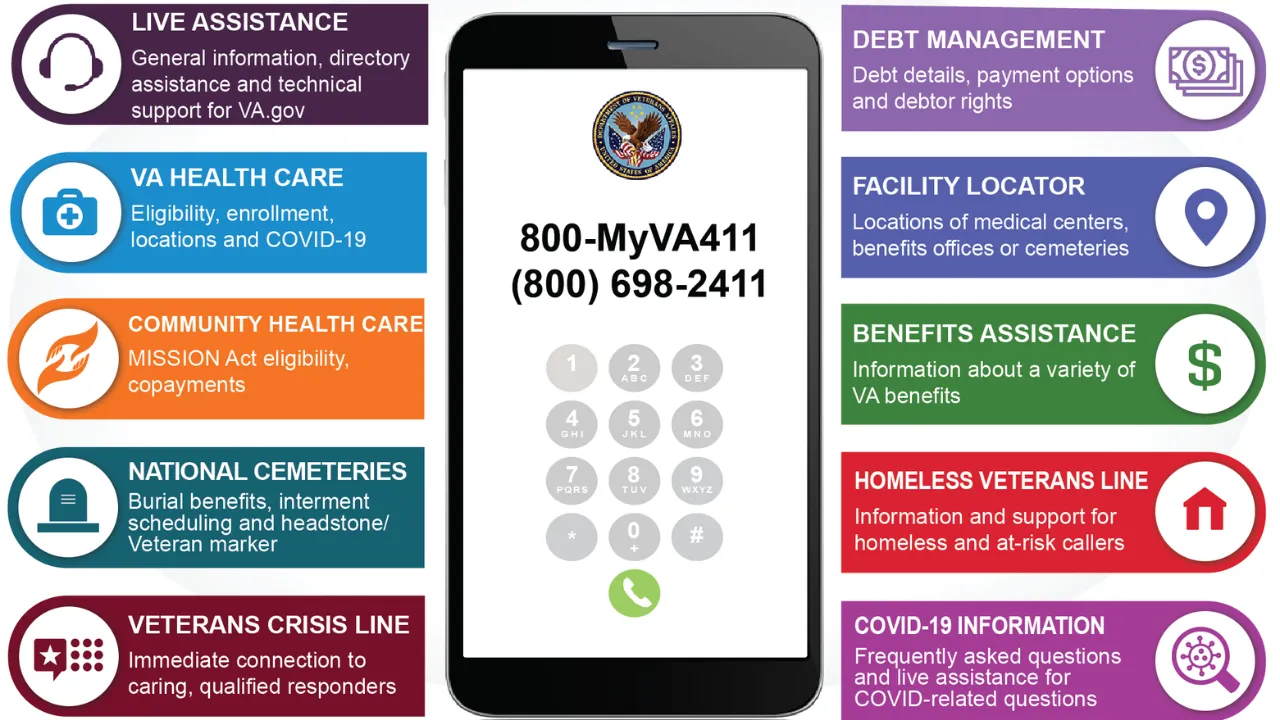Best Tips for Writing a Standout College Admission Essay:Crafting a standout College Admission Essay is one of the most pivotal steps in a student’s journey toward higher education. Beyond grades and test scores, your essay offers a glimpse into your personality, motivations, and potential.
It’s the part of your application that transforms you from a list of accomplishments into a relatable, multi-dimensional individual—someone admissions officers want on their campus. When done thoughtfully, an admission essay can turn you from a generic applicant into a memorable candidate.
College Admission Essay: What It Really Should Be
A strong College Admission Essay brings depth, authenticity, and personal insight. It’s not just a display of writing skills—it’s a showcase of who you are. As colleges embrace a holistic review process, they prioritize essays that reflect introspection, character, and genuine growth. A meaningful essay shouldn’t just recount events; it should involve reflection and self-awareness, showing why your experiences matter and how they’ve shaped your future aspirations.
Overview Table
| Element | What It Contributes |
| Starting Early | Builds space for reflection and feedback |
| Personal, Unique Topic | Differentiates your story from others |
| Show, Don’t Tell | Creates vivid, immersive storytelling |
| Authentic Voice | Makes your essay memorable and genuine |
| Strong Structure | Ensures clarity and logical flow |
| Concise Editing | Reinforces impact with fewer words |
| Feedback & Revision | Enhances clarity without losing voice |
Start Early and Understand the Essay’s Purpose
Writing a compelling College Admission Essay takes time. Begin brainstorming several months before deadlines—ideally in the summer before senior year. Starting early gives you the breathing space to explore your life experiences, piece together meaningful moments, and revise smartly.
Admissions officers read thousands of applications, so your essay needs more than just polish—it needs purpose. Think of it as your chance to articulate who you are, what drives you, and what you’ll bring to a campus community. While transcripts reflect past achievements, your essay reveals your values, creativity, and capacity for growth.
Choose a Topic That Truly Reflects You
The most memorable essays often stem from ordinary experiences infused with personal insight. Perhaps it’s the calm found in painting late at night or the lessons learned from working a weekend job. These small but meaningful moments carry emotional weight because they’re authentic.
Step back and ask:
- What moment shifted my perspective?
- What hobby or passion defines who I am?
- How did I bounce back from a challenge?
- What do I daydream about or lose track of time doing?
Avoid clichés like “winning the big game” or “family trips.” Instead, dig into the unique essence of your story—the sensory details, emotional reactions, and why it still resonates today.
Craft a Vivid Narrative: Show, Don’t Tell
Don’t just list qualities such as resilience or leadership—illustrate them through a compelling story. Use sensory language: describe the scent of fresh rain, the echo of applause, or the tingle of nervousness before a speech. Dropping in a brief piece of dialogue or a vivid scene draws readers in and makes your writing come alive.
Reflection is critical. Don’t stop at what happened—explain how it shaped you. Did it teach empathy? Refine your priorities? Fuel your desire to innovate? Admissions officers need to see both the journey and the lesson.
Write in Your Authentic Voice
Your essay should sound like you speak. If you pepper your daily speech with humor or informal turns of phrase, let some of that shine through. Overly formal, academic tones tend to obscure personal voice.
At the same time, maintain balance. Avoid slang and aim for clear, direct language. Shine with honesty and humility. Vulnerability can move readers, but confidence will leave a lasting impression. Remember: vulnerability + resilience = powerful storytelling.
Structure and Polish Methodically
A well-structured essay guides readers smoothly from start to finish. Begin with a hook—maybe an intriguing anecdote or vibrant detail. Let the body unfold your story logically. Finally, wrap up with reflection: what did you learn and how will it shape your future?
Keep paragraphs short and sentences sharp. Cut filler—every word should either advance the story or deepen the insight. If it doesn’t, remove it.
Always adhere to prompts and word limits. Respond directly to the prompt, and aim for brevity and impact. Thorough proofreading—especially reading aloud—can uncover hidden redundancies or awkward phrasing.
Get Feedback Without Losing Your Voice
Ask trusted teachers, mentors, or family members for feedback. Their insights can highlight areas that need clarity or emotional depth. But ultimately, the essay must remain true to you. Incorporate suggestions that enhance your narrative while preserving your style and intent.
Essential Tips for Excellence
- Stick to one central theme: A narrow focus with depth is more effective than a broad summary of life events.
- Always connect events to reflection: What you learned matters just as much as what happened.
- Show humility and growth: Recognize flaws and illustrate how you’re overcoming them.
- Avoid controversial or polarizing topics, unless you can handle them with nuance and maturity.
- Make your conclusion resonate: Leave readers with a lasting impression or thoughtful forward-looking insight, not just a summary.
Why This Essay Matters
In holistic admissions, committees look for more than test scores—they seek individuals who will enhance their campus. Your college admission essay provides evidence of curiosity, resilience, creativity, and authenticity. It’s the one spot in your application where your personality can shine fully. Two students might have identical GPAs and test scores, but the one with a compelling, reflective essay gains depth, character, and memorability.
Final Prep Checklist
- Re-read the prompt and make sure you answer it fully.
- Trim ruthlessly—get rid of sentences that don’t add value.
- Polish prose—check for clarity, strong verbs, and fluid flow.
- Get feedback, but preserve your own voice.
- Proofread meticulously for typos, grammar, and punctuation.
- Submit with confidence—you’ve invested time and heart, and your essay reflects it.
Final Thoughts
You’ve got more than just test scores—you’ve got a story worth sharing. Start early, write with authenticity, and infuse your essay with personal insight. Let your College Admission Essay be the moment admissions officers say, “This is someone we want at our table.” Your journey matters—share it with confidence. Good luck!



















